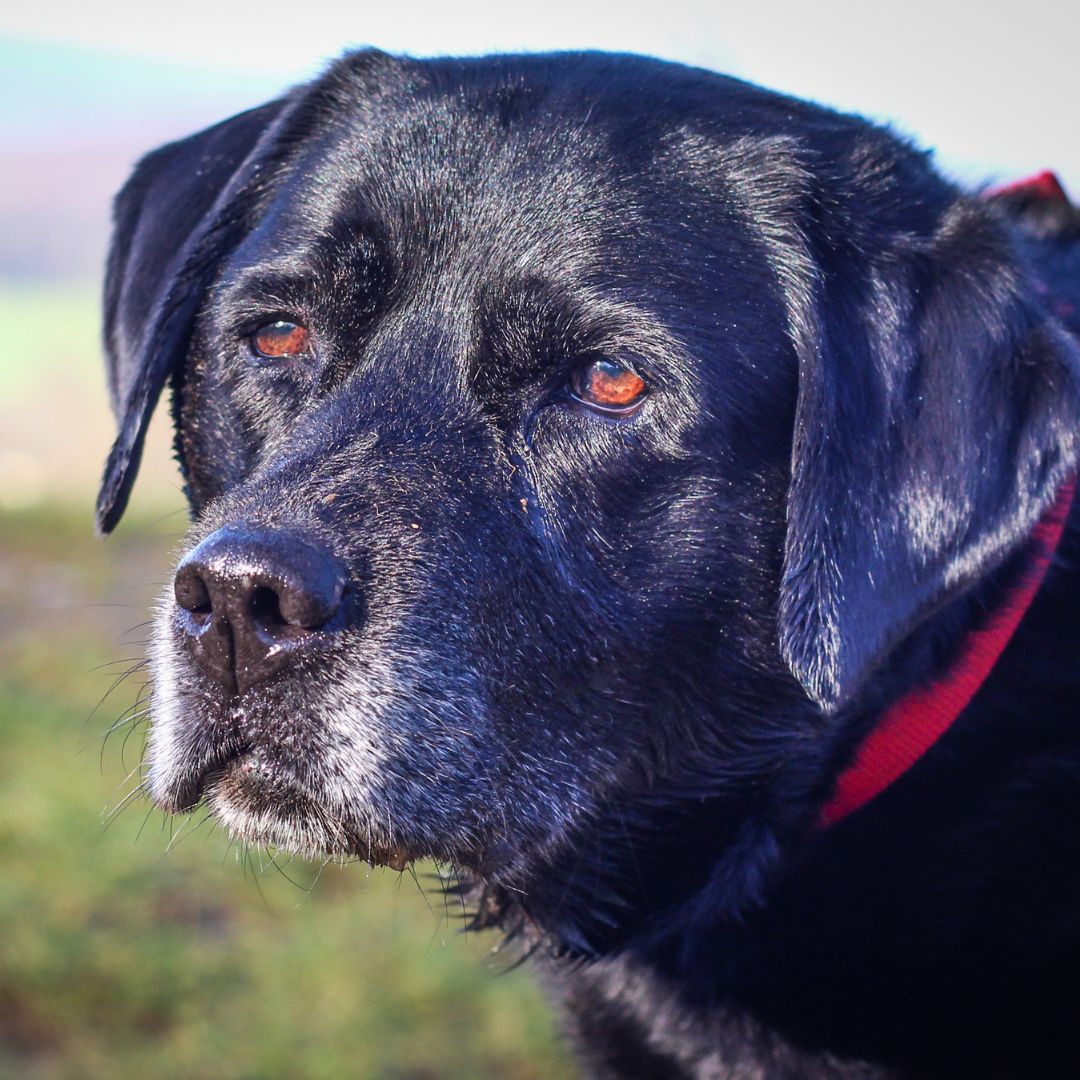We have all heard the saying "you can't teach an old dog new tricks"!.
Many dog owners believe that once their doggo reaches a certain age, it's too late to teach them new tricks. But contrary to popular belief, older dogs can indeed learn new behaviours and skills. Our chief product tester "Woody" is nine years old (human years) and still learns new behaviours and tricks with us.
Training an older dog can be a rewarding experience for both doggo and owner, as it helps strengthen the bond between them and promotes a healthy, stimulating environment for your senior dog. In this blog post, we'll share tips and strategies for training older dogs, addressing common challenges and celebrating the joys of lifelong learning.
- Be patient and positive
Training an older doggo may require more patience than training a puppy. Older dogs may take longer to learn new commands or break old habits. It's essential to maintain a positive attitude and be patient with your doggo throughout the process. Use positive reinforcement techniques such as praise, treats, and playtime to encourage and reward desired behaviours.
- Adjust your expectations
Older dogs may have physical limitations that make certain tasks or tricks more challenging. Be realistic about what your dog can achieve and tailor your training goals accordingly. Focus on teaching practical skills, such as walking politely on a leash or responding to basic commands, rather than attempting complicated tricks that may be difficult for your senior dog.
- Keep sessions short and engaging
Older dogs may have a shorter attention span, so it's important to keep training sessions brief and engaging. Aim for 10-15 minute sessions, two or three times per day. This will help prevent your doggo from becoming fatigued or overwhelmed, ensuring a more productive and enjoyable training experience.
- Make accommodations for physical limitations
As dogs age, they may experience a decline in their hearing, vision, or mobility, just like dog owners do. Be mindful of these limitations and adjust your training methods accordingly. For example, if your dog has difficulty hearing, use hand signals instead of verbal commands. If your dog has limited mobility, focus on training exercises that don't require excessive physical effort.

- Provide mental stimulation
In addition to physical exercise, older dogs benefit from regular mental stimulation to keep their minds sharp. Incorporate puzzle toys, treat-dispensing toys, and scent games into your training routine to provide an enriching and engaging experience for your senior pet.
- Consult your veterinarian
Before beginning a training program with your older dog, consult your veterinarian to ensure your pet is in good health and able to participate in the training activities. Your vet can also offer guidance on any age-related issues that may impact your dog's ability to learn new skills.
- Celebrate progress and success
Training an older dog can be challenging, but it's essential to celebrate even the smallest milestones. Acknowledge and reward your dog's progress, and don't forget to enjoy the process. Training is an opportunity to bond with your senior doggo and create lasting memories together.

Training an older dog may present unique challenges, but with patience, perseverance, and a positive attitude, you can teach your senior pet new skills and behaviours. Remember that it's never too late to invest in your dog's lifelong learning, and the benefits of training extend far beyond the tricks and commands themselves. Training promotes a healthy, stimulating environment for your older dog, strengthens the bond between dog and owner, and enriches the lives of both parties. So, grab some treats and start training – your senior dog is eager to learn!
Here are some products that may be interesting for your older doggo:
Puzzle Toys
2. Snuffle Mat
And for giving out those treats

